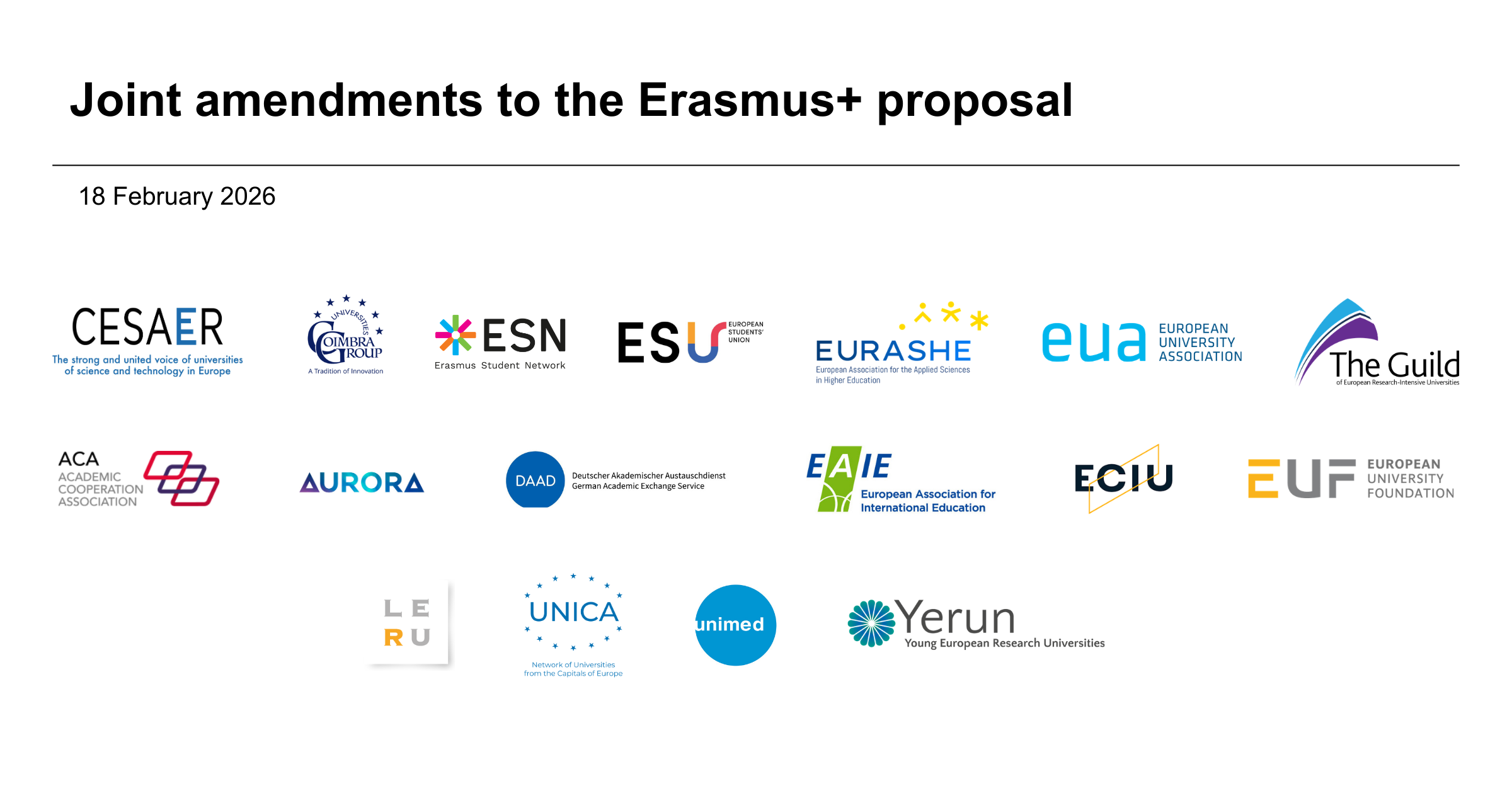The June 2024 YERUN Newsletter is dedicated to Sustainable Development Goals (SDGs), showcasing some of the initiatives and achievements of YERUN member universities in advancing these essential global objectives.
Further advancing on the work that our universities are doing on education for sustainability, an interdisciplinary course on sustainability was developed at the University of Antwerp, introducing a curriculum that emphasises the planet’s ecological limits, poverty alleviation, and quality of life improvement. Joining up other universities in the creation of Green Offices, as outlined in the “YERUN Paper: Education for a more sustainable world”, the University of Potsdam has created, among others, a Green Office and enhanced campus mobility with electric and cargo bikes while Nicolaus Copernicus University in Toruń (NCU) took various initiatives such as an edible garden, urban lab, and employee volunteer work.
Many of our universities have embedded the SDGs in their own institutional strategies. This is the case also for UiT – the Arctic University of Norway which integrates the UN Sustainable Development Goals (SDGs) into its research, teaching, and operations, focusing on responsible consumption, climate action, and sustainability. Moreover, the UiT plans to showcase innovative SDG collaborations during the 2029 FIS Alpine World Ski Championships in Narvik. A holistic strategy is also taken by the University of Essex, which, for the second time, released a report detailing its actions towards achieving all 17 SDGs, demonstrating its dedication to a sustainable future through both its academic excellence and organisational practices.
Our member universities showcase their dedication to sustainability also through participation in Erasmus+ projects. Tor Vergata University of Rome is actively engaged in promoting sustainability and social enterprise education through its participation in the Erasmus+ Open Business for Community Development (OBCD) project and its long-standing Sustainable Labs initiative. Indeed, highlighting the collaborative efforts from the network, Maastricht University aims to fully integrate sustainability by 2030 through the Sustainable UM2030 programme, bridging academic knowledge and practical application to accelerate regional sustainability transitions.
Looking at some practical implementation tools, insights also come from the University of Bremen, where the air pollution is being measured using a tram equipped with a self-constructed device to track nitrogen dioxide (NO2) levels across the city. The research aims to enhance understanding of urban air quality and contribute to healthier, more sustainable cities. Aligned with the latter, the University of Konstanz is expanding its renewable energy infrastructure with a major project utilising thermal energy from Lake Constance, aiming to generate more than two thirds of the energy required for heating the university buildings, starting in 2027. The drive to create knowledge for a better world is also present at the University of Limerick (UL), who is piloting a digital twin of the campus to enhance sustainability monitoring and management.
On education, the University of Klagenfurt (AAU) has engaged its community in discussions with Hans Karl Peterlini, UNESCO Chair “Global Citizenship Education – Culture of Diversity and Peace”, where global citizenship has been highlighted as crucial to address issues such as climate change and migration. These challenges require solutions that go beyond national borders; therefore, it is paramount to persevere with our European cooperation.
Last but not least, as part of the activities that have been conceived within the YERUN SDG group, the University of South-Eastern Norway (USN) ran the second Erasmus+ Blended Intensive Programme “Driving Sustainable Futures in Higher Education”. The YERUN SDG Group enabled the University of Limerick, University of Antwerp and University of Southern Denmark to develop the BIP, whose second edition was attended by twenty-ne participants from twelve universities.
While taking pride in these achievements of the network, YERUN applauds the continuous effort of the universities to advance the SDGs, effort that goes beyond these actions.










